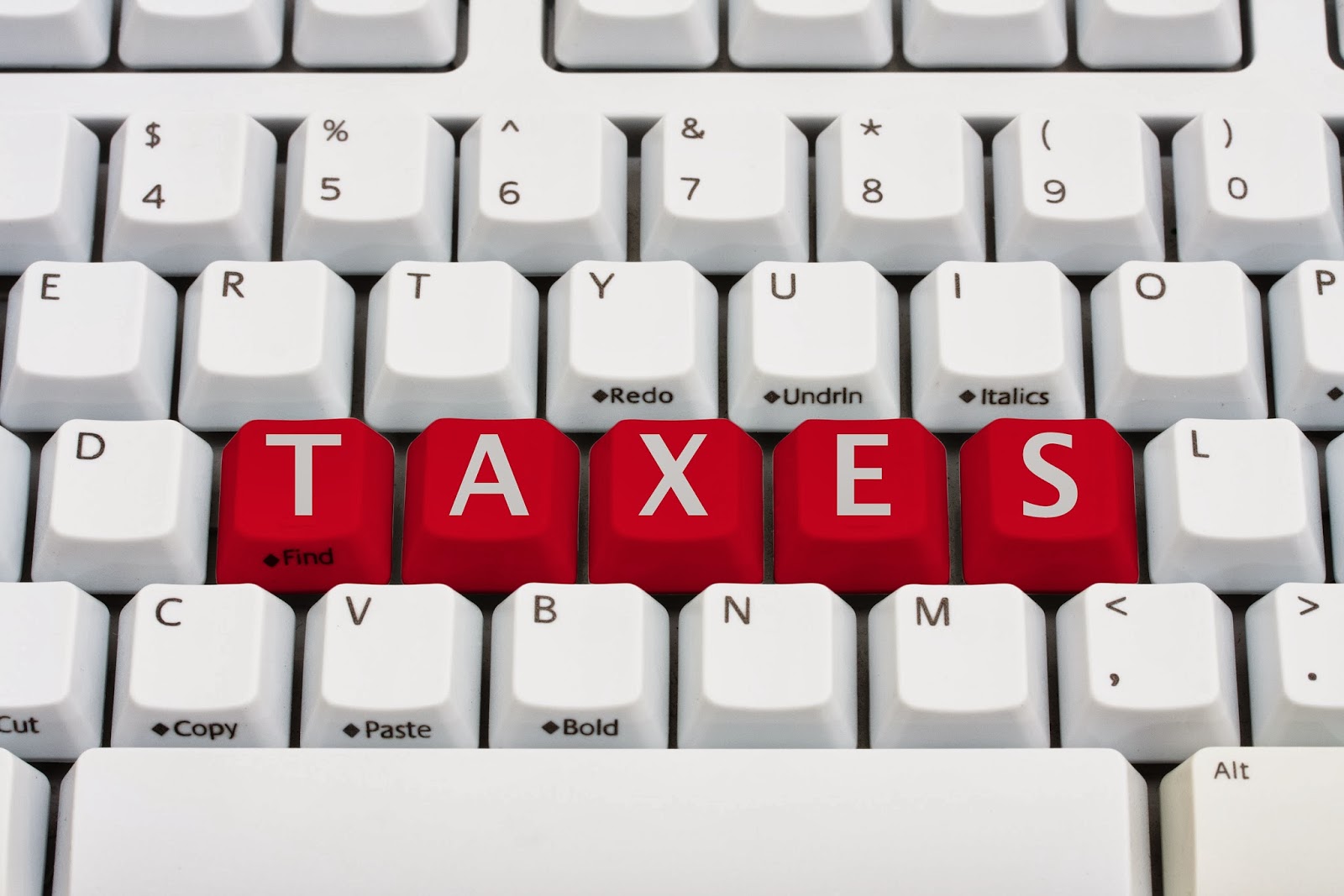Sales Tax
Changes Coming to Use Tax Reporting
If sales tax is not charged at the time of sale, states expect use tax to be paid to the state in which the good is used or consumed. However, given the complexities of the many different variations of local and state tax laws, it’s no surprise that ...
Feb. 07, 2018

If sales tax is not charged at the time of sale, states expect use tax to be paid to the state in which the good is used or consumed. However, given the complexities of the many different variations of local and state tax laws, it’s no surprise that use tax is often overlooked – until now.
To increase their revenue, states are increasingly adopting new measures to ensure use tax reporting and compliance. Here is a quick refresher as to when the collection of use tax is required and an overview of new use tax reporting requirements you can pass on to your clients.
Recap of Use Tax vs. Sales Tax
Sales tax and the use tax are mutually exclusive, which means either sales tax or use tax is applied to a transaction, but not both.
- Sales tax is usually imposed on retail transactions by the business based on its local state laws. Sales tax is the norm when the transaction occurs within a single state. When transactions occur across state borders, often through the internet, sales tax may not be applied to the transaction.
- Use tax is imposed when sales tax was not, based on where the good is used, consumed or stored. Use tax must be remitted to the state by either the business or the customer, referred to as the Seller Use Tax and Consumer Use Tax, respectively.
If the vendor does not include its state’s sales tax in the purchase and does not have nexus in the customer’s state, the customer is expected to pay the appropriate use tax (Consumer Use Tax) to the state in which it uses or consumes the product when filing a state income tax return. If the vendor has nexus in the customer’s state, it is required to charge use tax or Seller Use Tax.
New Use Tax Reporting Requirements
Nationwide use tax requirements are currently being considered by Congress via the Marketplace Fairness Act, Remote Transactions Parity Act and the Online Sales Simplification Act (currently in draft form). While these three acts go through the legislation process, several states have already taken action at the state level to begin enforcing more stringent use tax compliance.
The goal of new use tax reporting requirements is to place a greater onus of use tax reporting on businesses, including informing their customers of any consumer use tax obligations. States hope enhanced use tax reporting will increase the revenue they are able to collect via use tax.
New use tax reporting requirements commonly adopted or considered include the mandatory collection of use tax, reporting use tax eligible goods sold to the state and notifying customers of their use tax obligation at the time of sale when the vendor does not have nexus in its state.
However, a few states, including Colorado, have also added even more robust use tax reporting requirements ranging from providing states with annual purchase summaries of every customer from the state to providing customer names, addresses and total purchase amounts for use tax eligible transactions.
As these new complex use tax requirements go into effect and the revenues collected increase, it is likely more states will adopt the enhanced reporting requirements, increasing the burden and challenge of compliance for businesses.
What The Future Holds
Colorado’s Tenth Circuit Court of Appeals ruled that the new, arduous use tax reporting requirements did not unduly burden interstate commerce, and were therefore legal and valid requirements to be imposed on businesses. In December 2016, the Supreme Court let Colorado’s law stand by denying the Direct Marketing Association’s petition to reconsider the ruling and to re-examine a previous ruling (Quill Corp. v. North Dakota) that was influential in the Tenth Circuit Court of Appeals’ decision.
These legal proceedings mean that additional states will now be more likely than ever to enact similarly hefty use tax reporting requirements.
As more states adopt use tax reporting requirements for businesses, the local governments will likely provide a reasonable timeframe for businesses to achieve compliance. In Colorado, applicable vendors have until March 1, 2018, to prepare to send the newly required information, now called Customer Information Reports, to the Colorado Department of Revenue.
The states below are either considering extensive use tax reporting requirements or have already enacted new use tax reporting requirements. If your clients are located in one of these states or do business with customers in one of these states, be sure to research the new requirements to ensure your clients comply by the required date. However, accountants in all U.S. states should prepare all their clients for the seemingly inevitable increased use tax reporting requirements.
- Alabama
- Arkansas
- Colorado
- Connecticut (voluntary)
- Hawaii
- Kentucky
- Louisiana
- Oklahoma
- Pennsylvania
- South Dakota
- Washington
- Vermont
There’s no doubt use tax reporting requirements are complex. And with changes coming, it is imperative that accountants be educated on all of those complexities that clients are likely to face.
———
Dean R. Pearson is Director at FGMK.
